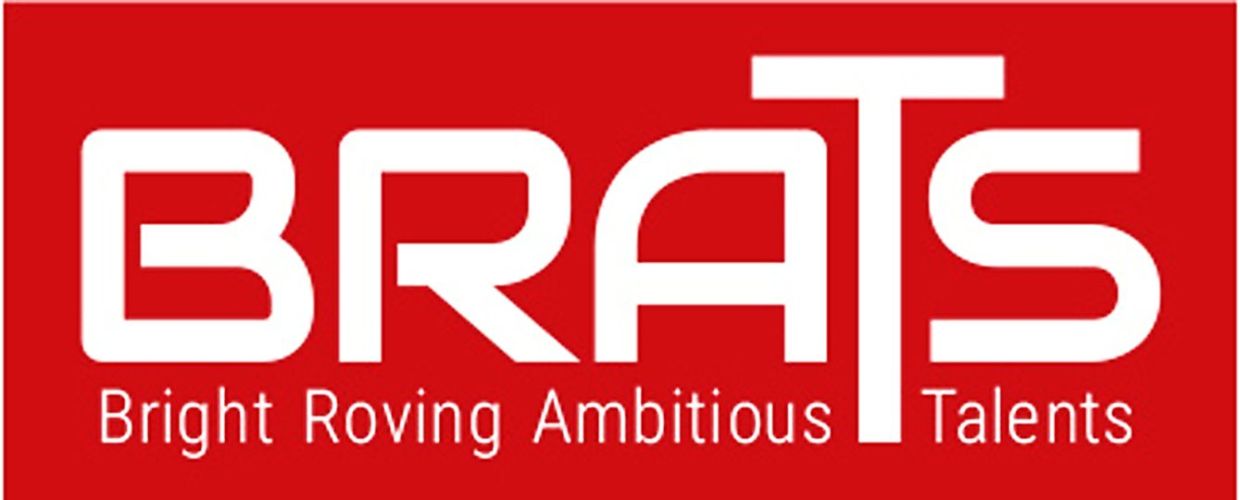Amira: They say today’s youth is tomorrow’s future. Shall I not be one of its voices?
I HAVE always loved writing. Back when my mother taught at university, she would pass some paper to my younger brother and me so we could write in her office as she did her work. In the room with a huge window that overlooked the cluster of greens outside, I would write about my day at kindergarten and adorn the paper with my illustrations.
My mother would clip the papers together, helping me produce my little book. She kept these anecdotes stowed carefully in files that she arranged in our wooden cupboard at home.
At times, when I come across those files and pull out my work, I would wonder in awe at the power of the written word in capturing, and saving, those fleeting moments of growth.
Because sometimes when a past event bubbles to mind, only blurry images surface – so much like the bleeding of watercolour paints.
So much detail gets lost, and I can only assume so much before I must stop myself because really, was that truly what happened?
I don’t have to go far; I trust my brain dump from earlier this year more than what I think I felt back then.
Perhaps emotions and growth had fogged up the memory, or maybe my roaring imagination distorted it.
There is a beautiful and often bittersweet wholeness to the truth of the moment. I always feel compelled to pen it all down.
With the abundance of media platforms and technology tools at one’s fingertips, it is undeniable how both play a major role in society’s perception and stance.
And “media” is not limited to newspapers and magazines like in the old days; it encapsulates a wide range of platforms including social media – which is to say, anyone can create and write.
Anyone can either advocate peace or set it aflame. The latter is disastrous. I am well aware that I won’t be able to prevent all mayhem. But I believe in the power of beginnings, in little things.
Back in March last year, my secondary school held a farewell tea party for us seniors who had completed our studies.
The director walked around asking questions, and I soon found myself being prompted to answer the question: What was your best moment in school?
It took me a moment to respond. The little things, I said. Tiny gestures, mundane routines, the constant of life that became the backbone of our adolescence and witness to our growth.
The Star’s BRATs Young Journalist Programme – a chance to meet new people and create new bonds, to be together in building a family in this place we call home.
They say today’s youth is tomorrow’s future. Shall I not be one of its voices?
Amira, 19, a student in Selangor, is a participant of the BRATs Young Journalist Programme run by The Star’s Newspaper-in-Education (Star-NiE) team. For more information, go to facebook.com/niebrats.
Now that you have read the article, test your understanding by carrying out the following English language activities.
1 Look in today’s copy of the Sunday Star newspaper for an article that appeals to you. Why do you think it has a hold on you? What does this say about the power of the written word? Discuss with your activity partner.
2 Apart from writing on various media platforms, how do you think youth voices can be better heard in society? Imagine that you had been chosen to encourage students at your school to be more proactive in exercising their youth voices. What would you say to them? Practise delivering it and ask your partner to rate the persuasiveness of your speech.
The Star’s Newspaper-in-Education (Star-NiE) programme promotes the use of English language in primary and secondary schools nationwide. For Star-NiE enquiries, email starnie@thestar.com.my.







